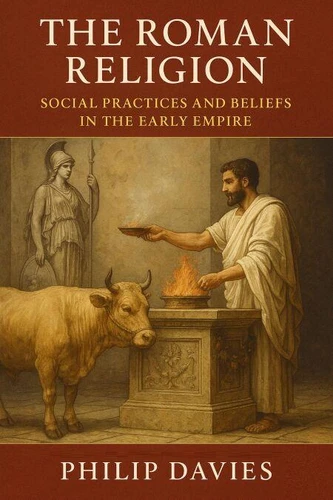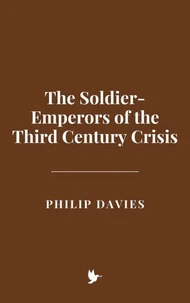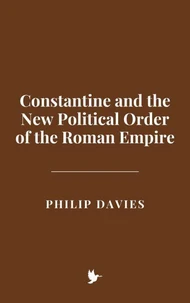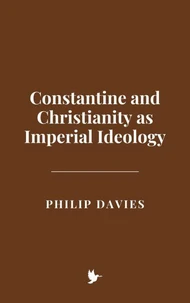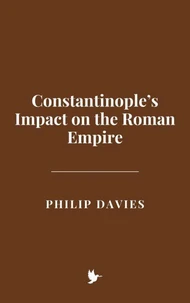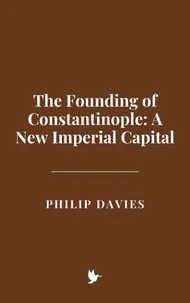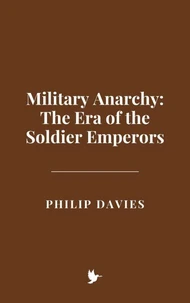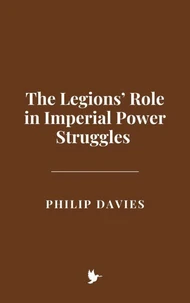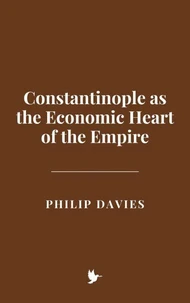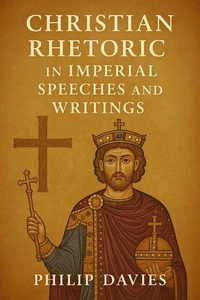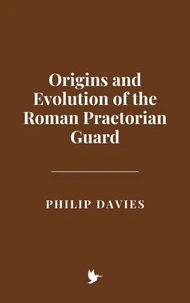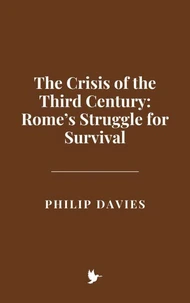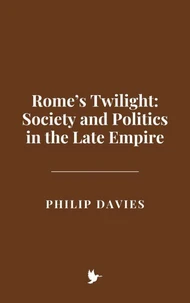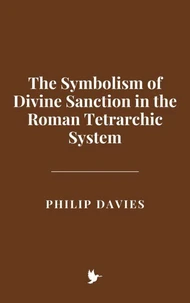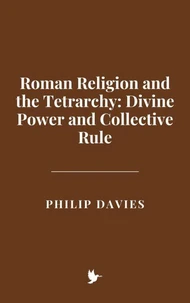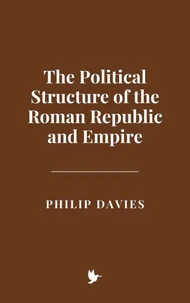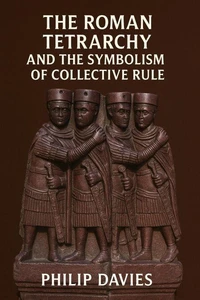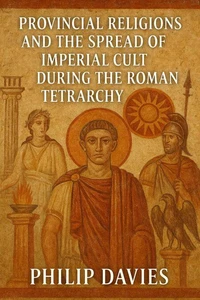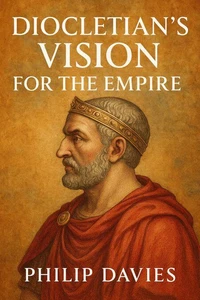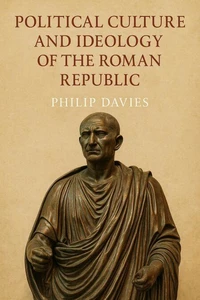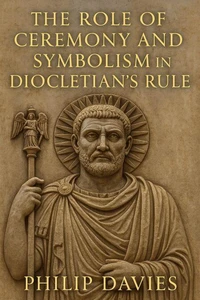The Roman Religion: Social Practices and Beliefs in the Early Empire
Par :Formats :
Disponible dans votre compte client Decitre ou Furet du Nord dès validation de votre commande. Le format ePub est :
- Compatible avec une lecture sur My Vivlio (smartphone, tablette, ordinateur)
- Compatible avec une lecture sur liseuses Vivlio
- Pour les liseuses autres que Vivlio, vous devez utiliser le logiciel Adobe Digital Edition. Non compatible avec la lecture sur les liseuses Kindle, Remarkable et Sony
 , qui est-ce ?
, qui est-ce ?Notre partenaire de plateforme de lecture numérique où vous retrouverez l'ensemble de vos ebooks gratuitement
Pour en savoir plus sur nos ebooks, consultez notre aide en ligne ici
- FormatePub
- ISBN8227436818
- EAN9798227436818
- Date de parution17/04/2025
- Protection num.pas de protection
- Infos supplémentairesepub
- ÉditeurBig Dog Books, LLC
Résumé
In this book, Philip Davies offers an in-depth exploration of the religious landscape of ancient Rome during the early imperial period. The book delves into the intricate rituals, beliefs, and practices that governed Roman religious life, from the worship of the state gods to the private religious activities of individuals and families. It examines how religion was deeply intertwined with political power, societal norms, and cultural identity, providing insight into the roles of both the state and ordinary citizens in maintaining pax deorum-the peace of the gods.
Through a detailed analysis of various religious institutions, including the priesthood, temples, and the imperial cult, the book highlights the relationship between religious observance and political stability. It also explores the growing influence of foreign cults, such as those of Isis and Mithras, and the rise of Christianity as it gradually took hold in the empire, challenging traditional religious practices.
Drawing on a wealth of primary sources, including ancient texts, inscriptions, and archaeological findings, the book paints a vivid picture of how religion was not only a means of securing divine favor but also a tool of social cohesion, personal identity, and political authority in the early Roman Empire. Through this comprehensive study, Davies illuminates the central role that religion played in shaping the social, political, and cultural fabric of one of the most influential empires in history.
Through a detailed analysis of various religious institutions, including the priesthood, temples, and the imperial cult, the book highlights the relationship between religious observance and political stability. It also explores the growing influence of foreign cults, such as those of Isis and Mithras, and the rise of Christianity as it gradually took hold in the empire, challenging traditional religious practices.
Drawing on a wealth of primary sources, including ancient texts, inscriptions, and archaeological findings, the book paints a vivid picture of how religion was not only a means of securing divine favor but also a tool of social cohesion, personal identity, and political authority in the early Roman Empire. Through this comprehensive study, Davies illuminates the central role that religion played in shaping the social, political, and cultural fabric of one of the most influential empires in history.
In this book, Philip Davies offers an in-depth exploration of the religious landscape of ancient Rome during the early imperial period. The book delves into the intricate rituals, beliefs, and practices that governed Roman religious life, from the worship of the state gods to the private religious activities of individuals and families. It examines how religion was deeply intertwined with political power, societal norms, and cultural identity, providing insight into the roles of both the state and ordinary citizens in maintaining pax deorum-the peace of the gods.
Through a detailed analysis of various religious institutions, including the priesthood, temples, and the imperial cult, the book highlights the relationship between religious observance and political stability. It also explores the growing influence of foreign cults, such as those of Isis and Mithras, and the rise of Christianity as it gradually took hold in the empire, challenging traditional religious practices.
Drawing on a wealth of primary sources, including ancient texts, inscriptions, and archaeological findings, the book paints a vivid picture of how religion was not only a means of securing divine favor but also a tool of social cohesion, personal identity, and political authority in the early Roman Empire. Through this comprehensive study, Davies illuminates the central role that religion played in shaping the social, political, and cultural fabric of one of the most influential empires in history.
Through a detailed analysis of various religious institutions, including the priesthood, temples, and the imperial cult, the book highlights the relationship between religious observance and political stability. It also explores the growing influence of foreign cults, such as those of Isis and Mithras, and the rise of Christianity as it gradually took hold in the empire, challenging traditional religious practices.
Drawing on a wealth of primary sources, including ancient texts, inscriptions, and archaeological findings, the book paints a vivid picture of how religion was not only a means of securing divine favor but also a tool of social cohesion, personal identity, and political authority in the early Roman Empire. Through this comprehensive study, Davies illuminates the central role that religion played in shaping the social, political, and cultural fabric of one of the most influential empires in history.

